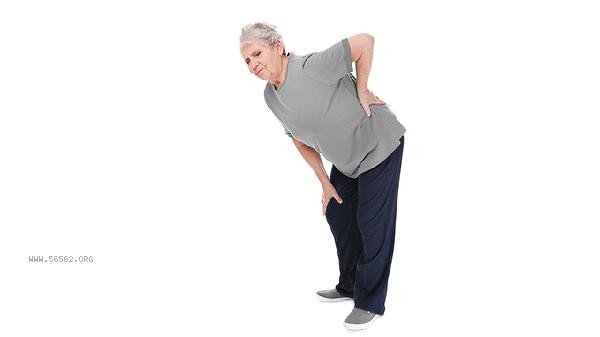Fatigue usually refers to a state of physical or mental exhaustion caused by excessive consumption, while fatigue more often refers to a temporary decline in physiological functions. The main difference between the two lies in the subjective emotional color of fatigue, which leans more towards objective physiological reactions.

1. Duration difference
Fatigue often accompanies long-term stress accumulation, which may last for several days or even longer, manifested as sustained lack of motivation. Fatigue is often a short-term phenomenon, such as muscle soreness after intense exercise, which usually recovers quickly after rest.
2. Different triggering factors
Fatigue is often caused by psychological factors, such as work pressure, emotional distress, etc. Fatigue is often related to physical exertion and is commonly caused by physiological reasons such as excessive exercise and lack of sleep.
3. Differences in Performance characteristics
Exhausted individuals may experience psychological symptoms such as low mood and lack of attention. Fatigue sufferers often exhibit physical symptoms such as muscle weakness and delayed response, but their emotions are relatively stable.

4. Differences in Recovery Methods
Relieving fatigue requires psychological adjustment, such as mindfulness meditation, psychological counseling, etc. Improving fatigue mainly relies on physiological recovery, such as supplementing sleep, nutrient intake, and other basic methods.
5. Different Scope of Impact
Fatigue may affect overall quality of life, including social skills and decision-making levels. Fatigue is usually limited to specific body parts or functions, such as local muscle fatigue after exercise.

It is recommended that people who have long-term fatigue adjust their daily routine, ensure 7-8 hours of high-quality sleep every day, and engage in appropriate aerobic exercise to promote endorphin secretion. Add whole grains and dark vegetables rich in vitamin B to your diet, and seek professional psychological support if necessary. For physiological fatigue, it is recommended to use intermittent rest method, taking a short 10 minute break every 90 minutes of work, combined with warm water bath or mild stretching to help the body recover.





Comments (0)
Leave a Comment
No comments yet
Be the first to share your thoughts!